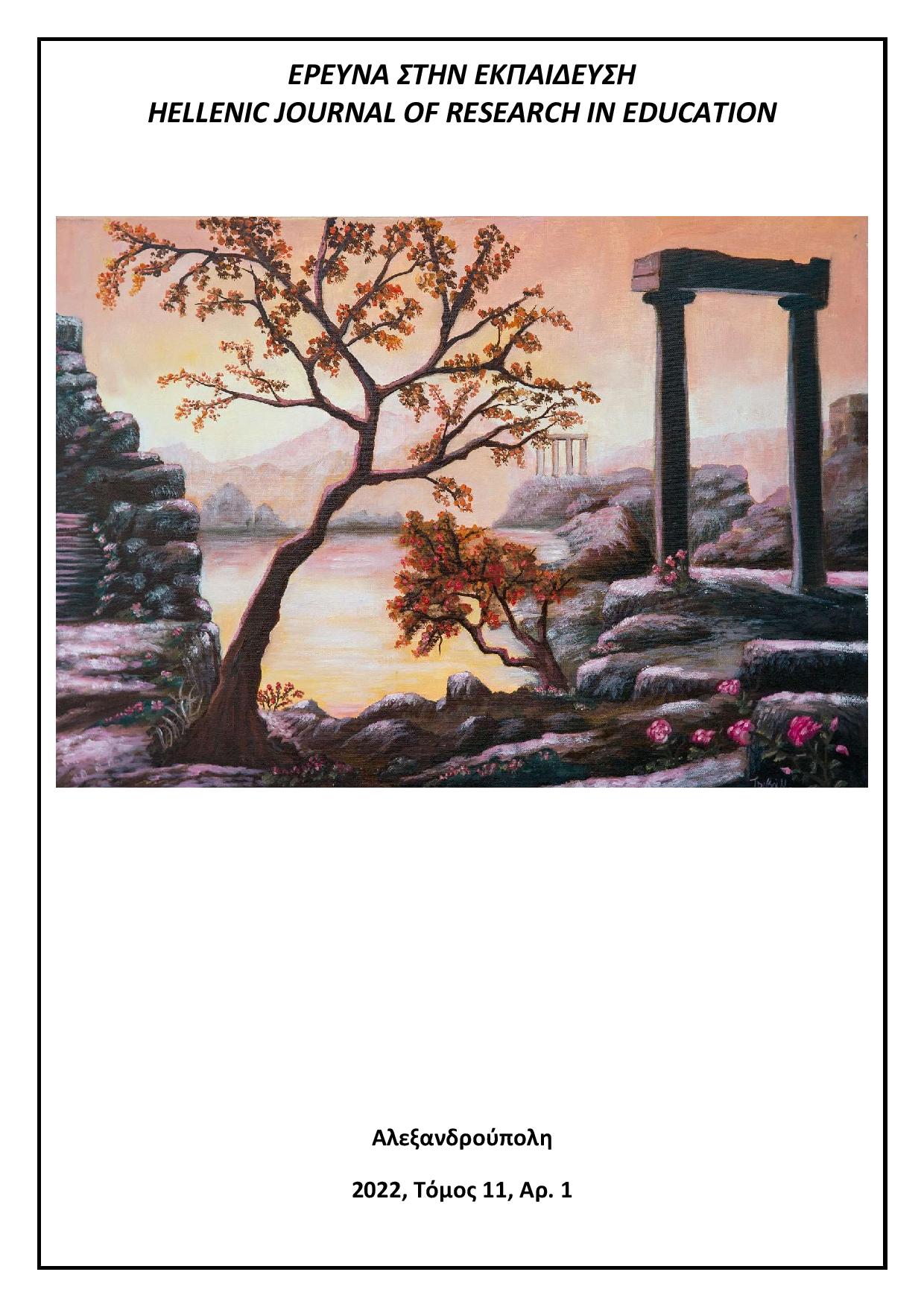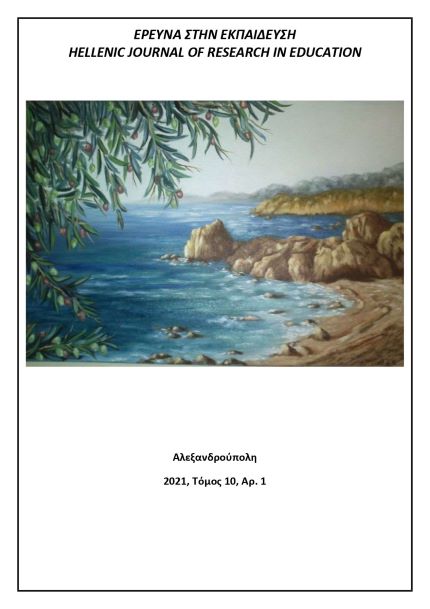Μία ‘οικοσυστημική’ θεώρηση των αναδυόμενων προκλήσεων στη σχολική εκπαίδευση του 21ου αιώνα – η περίπτωση του ελληνικού δημόσιου σχολείου

Περίληψη
Στην εποχή της παγκοσμιοποίησης που χαρακτηρίζεται από τη διασύνδεση και αλληλεξάρτηση οικονομικών, πολιτικών, κοινωνικών και εκπαιδευτικών συστημάτων σε υπερεθνικό επίπεδο αναδύονται σύγχρονες εκπαιδευτικές προκλήσεις ‘οικοσυστημικού’ χαρακτήρα που αντανακλώνται στη σχολική εκπαίδευση των χωρών του δυτικού κόσμου και ειδικότερα στο ελληνικό δημόσιο σχολείο. Σκοπός της παρούσας μελέτης είναι να αναδείξει την ανάγκη μίας ‘οικοσυστημικής’ θεώρησης της εκπαίδευσης στον 21ο αιώνα καταγράφοντας αφενός τις διεθνείς τάσεις με βάση την κριτική βιβλιογραφική ανασκόπηση διεθνών εμπειρικών μελετών και επίσημων εκθέσεων υπερεθνικών οργανισμών, αφετέρου την αναδυόμενη νέα εκπαιδευτική πραγματικότητα στο ελληνικό δημόσιο σχολείο που υφίσταται τις ασκούμενες εξωτερικές δυνάμεις και επιρροές ως αποτέλεσμα της ‘οικοσυστημικής’ αλληλεπίδρασης με το ευρύτερο παγκοσμιοποιημένο κοινωνικό-εκπαιδευτικό περιβάλλον στην εποχή της εκπαίδευσης για την παγκόσμια πολιτειότητα. Το θέμα αναπτύσσεται μέσα από μία κριτική συζήτηση για την αποτύπωση των διεθνών τάσεων και εξελίξεων στο πεδίο που τεκμηριώνει την αναδυόμενη ανάγκη για την κατανόηση της ‘οικοσυστημικής’ προσέγγισης των εκπαιδευτικών προκλήσεων του 21ου αιώνα η οποία κατ’ ουσίαν διέπει το όραμα της εκπαίδευσης για την παγκόσμια πολιτειότητα. Για το σκοπό αυτό, γίνεται ειδική αναφορά στην αποστολή της εκπαίδευσης του 21ου αιώνα που προσδιορίζεται από το όραμα της παγκόσμιας πολιτειότητας και δίνεται το περίγραμμα των ‘οικοσυστημικών’ επιρροών που δέχεται το ελληνικό δημόσιο σχολείο τις τελευταίες δεκαετίες, όπως πολυπολιτισμικές τάξεις, βία και σχολικός εκφοβισμός, ψηφιακό σχολείο, κοινότητες μάθησης-κινητικότητα και δεξιότητες 21ου αιώνα, επισημαίνοντας παράλληλα τις προκλήσεις που προκύπτουν σε επίπεδο εκπαιδευτικής πολιτικής όσον αφορά την αναθεώρηση και αναμόρφωση τόσο των αναλυτικών προγραμμάτων σπουδών όσο και των εκπαιδευτικών πρακτικών καθώς επίσης τον επαναπροσδιορισμό του ρόλου του εκπαιδευτικού και του σύγχρονου δημόσιου σχολείου στον 21ο αιώνα.
Λεπτομέρειες άρθρου
- Πώς να δημιουργήσετε Αναφορές
-
Τζώτζου Μ., Πούλου Μ., Καραλής Θ., & Υφαντή Α. (2022). Μία ‘οικοσυστημική’ θεώρηση των αναδυόμενων προκλήσεων στη σχολική εκπαίδευση του 21ου αιώνα – η περίπτωση του ελληνικού δημόσιου σχολείου. Έρευνα στην Εκπαίδευση, 11(1), 1–17. https://doi.org/10.12681/hjre.28412
- Τεύχος
- Τόμ. 11 Αρ. 1 (2022)
- Ενότητα
- Άρθρα

Αυτή η εργασία είναι αδειοδοτημένη υπό το CC Αναφορά Δημιουργού – Μη Εμπορική Χρήση – Παρόμοια Διανομή 4.0.
Τα πνευματικά δικαιώματα των άρθρων του περιοδικού ανήκουν στους συγγραφείς. Τα άρθρα διατίθενται με άδειες Creative Commons CC-BC-SA 4.0



